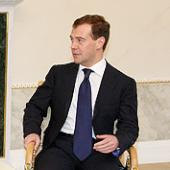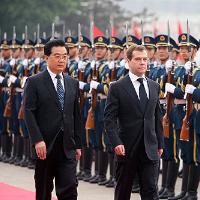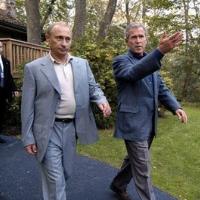
Since the formation of the Russian Federation in 1991, the Russian government has been careful to limit military spending, hoping to avoid the Soviet error of engaging in a ruinous arms race with the West. As recently as February, then-Russian President-Vladimir Putin reaffirmed that Russia “must not allow [itself] to be drawn into [a new global arms race].” But while Russian defense spending has already been rising in recent years, one long-term effect of the Georgia War could be to accelerate Russia’s military rearmament. On several occasions since the Georgia War began, Russian leaders have made statements that could be […]



